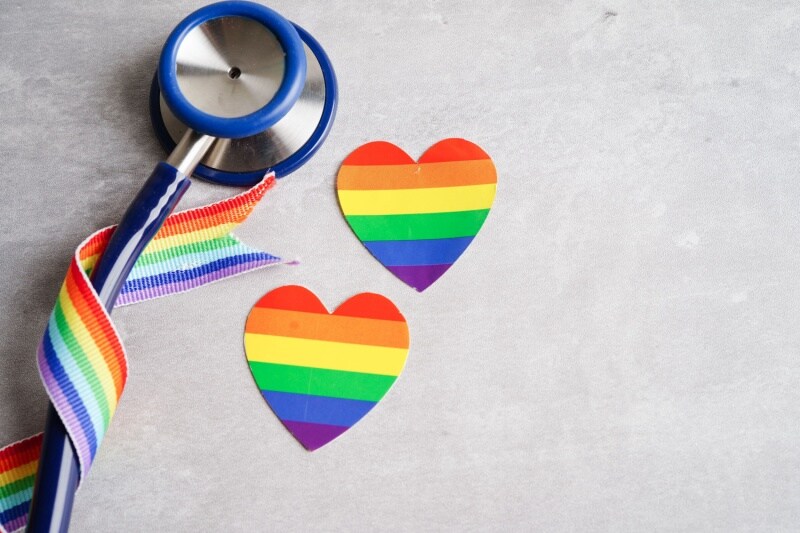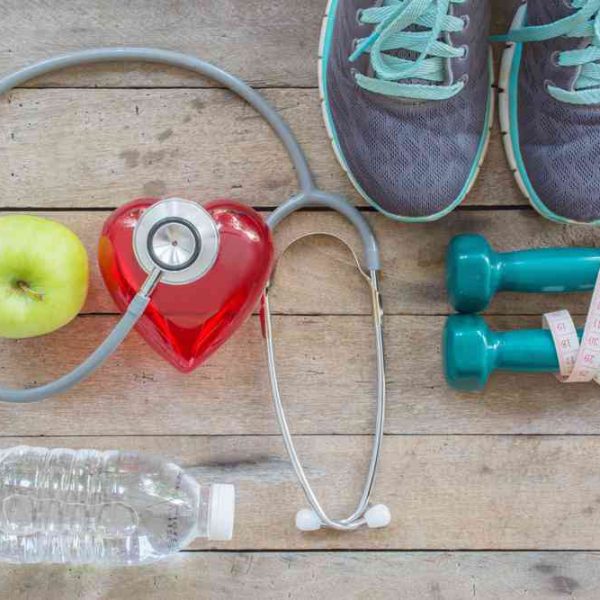
LGBTQIA+ (Lesbians, Gay, Bisexual, Transgender, and Queer) in India has always been a topic that attracts mixed opinions. It was decriminalized after years of struggles in the community in 2018 by the verdict of the honorable Supreme Court. However, the LGBTQIA+ continues to face hurdles due to various social and cultural prejudices held by society.
Major issues faced
Here are some of the significant problems that people in the LGBTQIA+ community face in daily life:
- Gender dysphoria: It is a psychological condition where the person does not identify themself with the gender assigned to them at birth. This can result in self-doubt, guilt and low self-esteem.
- Prejudice and discrimination: Prejudice and discrimination faced by the LGBTQIA+ community are not restricted to one area. It affects their entire lives: family, education, work, and society. It also affects all their stages of development.
- Exclusion: One major issue faced by LGBTQIA+ people is exclusion. They are excluded from mainstream society. It deprives them of the fundamental right to live like others in society. Exclusion not only deprives them of their basic rights but also impacts their mental health negatively.
- Minority stress: Another issue faced by the LGBTQIA+ community is minority stress. It can result from bullying at school, workplace discrimination, or unfair treatment in public places. Denial of fair treatment can also cause significant stress to the LGBTQIA+ community.
It can make it difficult for the LGBTQIA+ community to navigate their lives as other people in society do. They are more likely to experience more mental health issues than heterosexuals.
It may include depression, anxiety, and eating disorders. It may also include substance abuse, self-harm, PTSD, and psychosis. A 2016 study by the Centers for Disease Control and Prevention shows that LGBTQIA+ community members think about suicide nearly three times more than heterosexuals. Stigma, prejudice, and discrimination are the key factors affecting their mental and overall well-being.
Management and enhancement tips

Here are some tips for the management and enhancement of LGBTQIA+ mental health:
- Part of LGBTQIA+ support groups: Support groups serve many purposes, the most important being that the individual may feel they are not alone; there are people like them who face challenges in their own way. The support group also serves as community support on the emotional and personal fronts, as the experience of one can serve as the solution for others.
- Educate and awareness: Lack of awareness may lead to confusion and doubts. Learning about certain aspects surrounding the LGBTQIA+ community, like biological, sexual, psychological, and legal issues, can help create awareness. It helps reduce micro and macro aggression resulting from a lack of information.
- Be vocal: This happens when a person has accepted their identity. They are educated and aware enough to be vocal about their feelings. This removes the burden of carrying suppressed feelings and helps others gain confidence. Vocalization of their feelings and emotions helps improve communication.
- Accessible mental health care: Mental health is often undermined or stigmatized in countries like India. Confusion about the role of mental health professionals and the lack of mental health care in rural areas are some factors. These factors affect how the LGBTQIA+ community seeks mental health services. It is essential to understand that with more awareness, there are many online and free helplines. There are also government initiatives offering mental health services to people in need. It just takes courage to take a step toward one’s mental well-being.
- Enhancing emotional regulation through mindfulness: Minority stress is internalizing events outside. It results in guilt, shame, worry, stress, and anxiety, which can harm one’s mental health and well-being. When a person tries to be mindful of the present instead of worrying about the future or past, it can help ease the discomfort. It can be done by deep breathing, using the grounding technique of focusing and feeling different things in the surroundings by other sense organs.
- Positive self-affirmation: These are positive statements about the self. They can help a person frame a positive view of oneself. Practising self-affirmation daily can help boost self-confidence.
- Talk to a professional: When we have physical discomfort, we consult a medical expert. But unfortunately, it doesn’t happen so with our mental health. We take a back seat and do not give it due consideration due to fear of judgment, stigma, and lack of awareness. It is important to consider seeking professional help when the emotional state becomes unmanageable.
Greater media visibility, LGBTQIA+ activists, increased awareness, and changes in people’s attitudes have positively affected LGBTQIA+ people’s lives. There is an increase in online support communities, which provide support outside of a family. There is always hope for a better future and acceptance of them as an integral part of society in the future.
For 24×7 Mental Health Assistance, Call 1800-120-820-050
Key Takeaways
- Gender dysphoria, prejudice, and discrimination are significant challenges faced by individuals in the LGBTQIA+ community.
- To enhance mental health, it is important to prioritize education, speak out about issues, and access mental health care.
- Additionally, consulting with a professional and practising positive self-affirmation can also be beneficial.
Stay tuned to the Activ Living Community. Stay updated with the latest health tips and trends through expert videos, podcasts, articles, and much more on nutrition, fitness, mindfulness, and lifestyle conditions like Asthma, High Blood Pressure, Cholesterol, and Diabetes. Activ Living ke saath sahi sehat ki shuruaat ABHIkaro.
You may also be interested in the following blogs:
- Dealing With The Stress Of Family Rejections In The LGBT+ Community In India
- Unlock A Stress-Free Life: 3 Simple Tips To Relieve Stress And Anxiety
Popular Searches
How to lower blood pressure | Fruits good for liver | Unhealthy foods | Ragi Benefits | Basal Metabolic Rate | Acupressure points for High Blood Pressure | Ayurvedic medicine for blood pressure | How to control cholesterol at home | Homeopathy for Asthma | Biological Age | Home remedies for TB | Natural beta blockers | Negative effects of internet | Types of walking | Blood pressure calculator | Blood sugar calculator | BMI Calculator





 1800-270-7000
1800-270-7000






